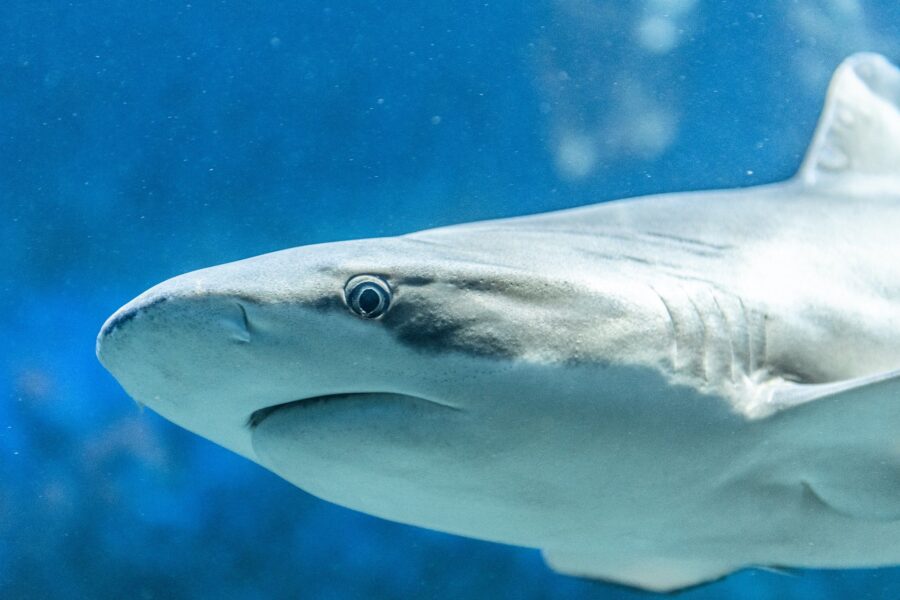Shark Week Is Filled With Junk Science And Misinformation?
This article is more than 2 years old

Shark Week may be the one week during the year when everyone is tuned in to learn about the animals and marine biology, but it might not be the best place to do so. An article on The Conversation authored by marine biologist David Shiffman says that many of the episodes of the annual Discovery Channel special contain junk science and misinformation. Shiffman and five of his colleagues analyzed over 200 episodes of the show and their findings are quite interesting.
First, Shiffman points out that the episodes depict a misleading view of the field of shark research. Perhaps more egregiously, Shiffman states that although Discovery claims that Shark Week educates the public about shark conservation, the episodes they watched contained vague statements about conservation at best, and the few bits of actionable information offered was to avoid eating shark fin soup — something most US viewers don’t do anyway. They also found many episodes to lack scientific research altogether, instead opting to focus on divers and gimmicky bits like building a submarine that looks like a shark.
Shiffman and his team also found that Shark Week’s featured experts are lacking in diversity and, in some cases, substance. They mention how Andy Casagrande, who is an award-winning underwater cameraman, is often featured despite not always taking a scientific approach to his on-camera statements. They also noticed that instead of relying on local scientists for interviews in shooting locations like Mexico, South Africa, and the Bahamas, Discovery would often just have a white male scientist that wasn’t from the country where they were studying sharks. They also noticed a lack of women shark scientists represented, despite the fact that more than half of all US shark scientists are women.

Fortunately for those who might have relied on Shark Week to get their shark information, Shiffman’s article does provide some useful scientific facts. Facts like how overfishing is one of the main contributors to endangered shark species. While Discovery doesn’t provide information on its show on how the general public can combat this, Shiffman says that consumers can avoid buying seafood products that don’t use sustainable fishing methods.
Shiffman also talked about how policy changes like fishing quotas, creating protected species lists, and delineating no-fishing zones are ways that sharks can be protected at the international and national levels. These are the types of things that Shark Week leaves out that would be beneficial for the general public to know and bring the right kind of attention to shark conservation efforts. Although Shiffman points out that Discovery has pledged in the past to focus more on science in future episodes, the show continues to be riddled with pseudoscience and a greater focus on entertainment.
Shiffman offers some solutions for Shark Week to get better too. Things like making sure scientists have media training, increasing the diverse array of scientists featured on the show, and services that let scientists rate their experience with media companies. In short, if you watch Shark Week for entertainment, you’ll probably get what you’re wanting — just don’t expect to walk away with a ton of scientific knowledge about sharks.












